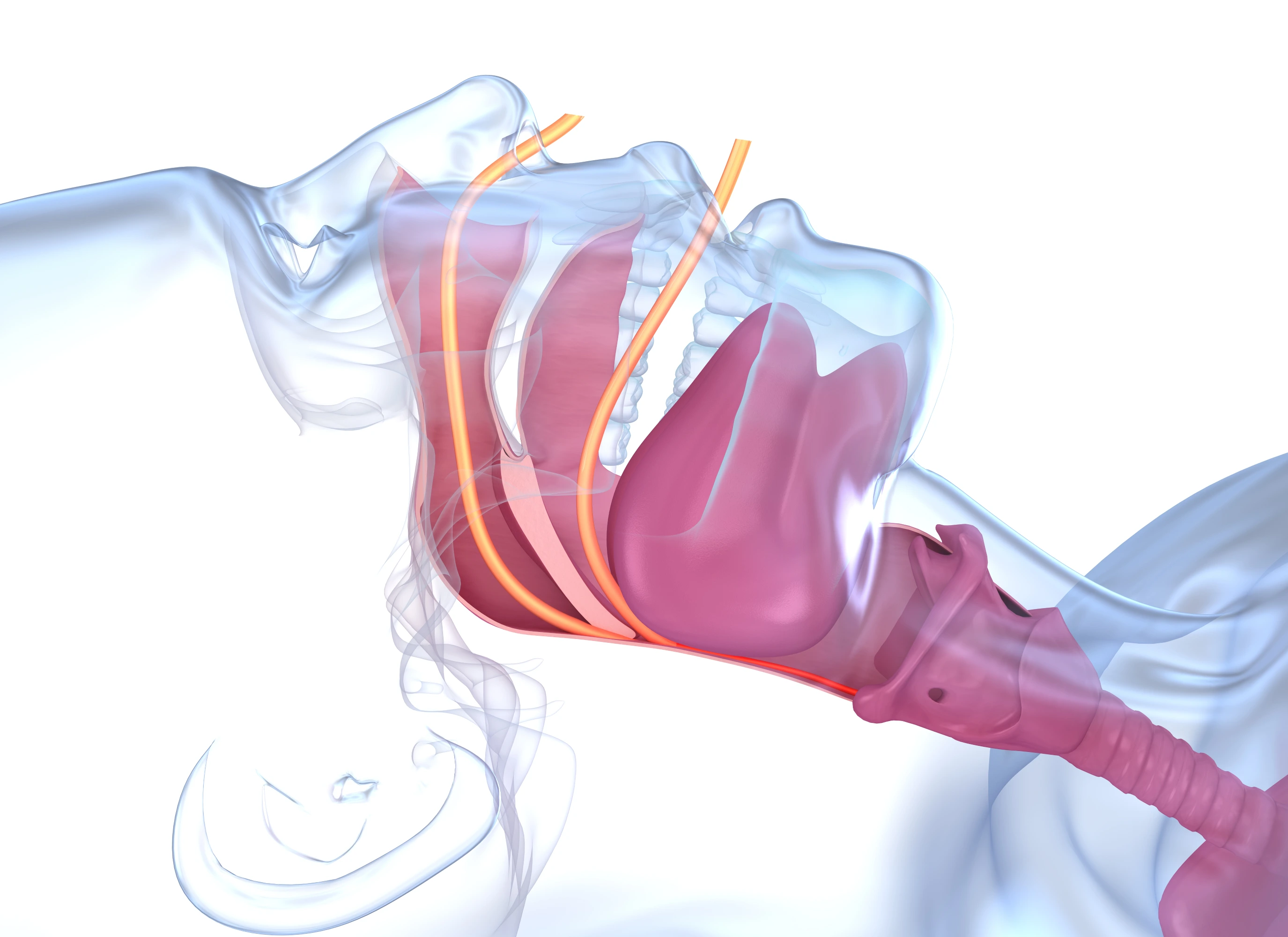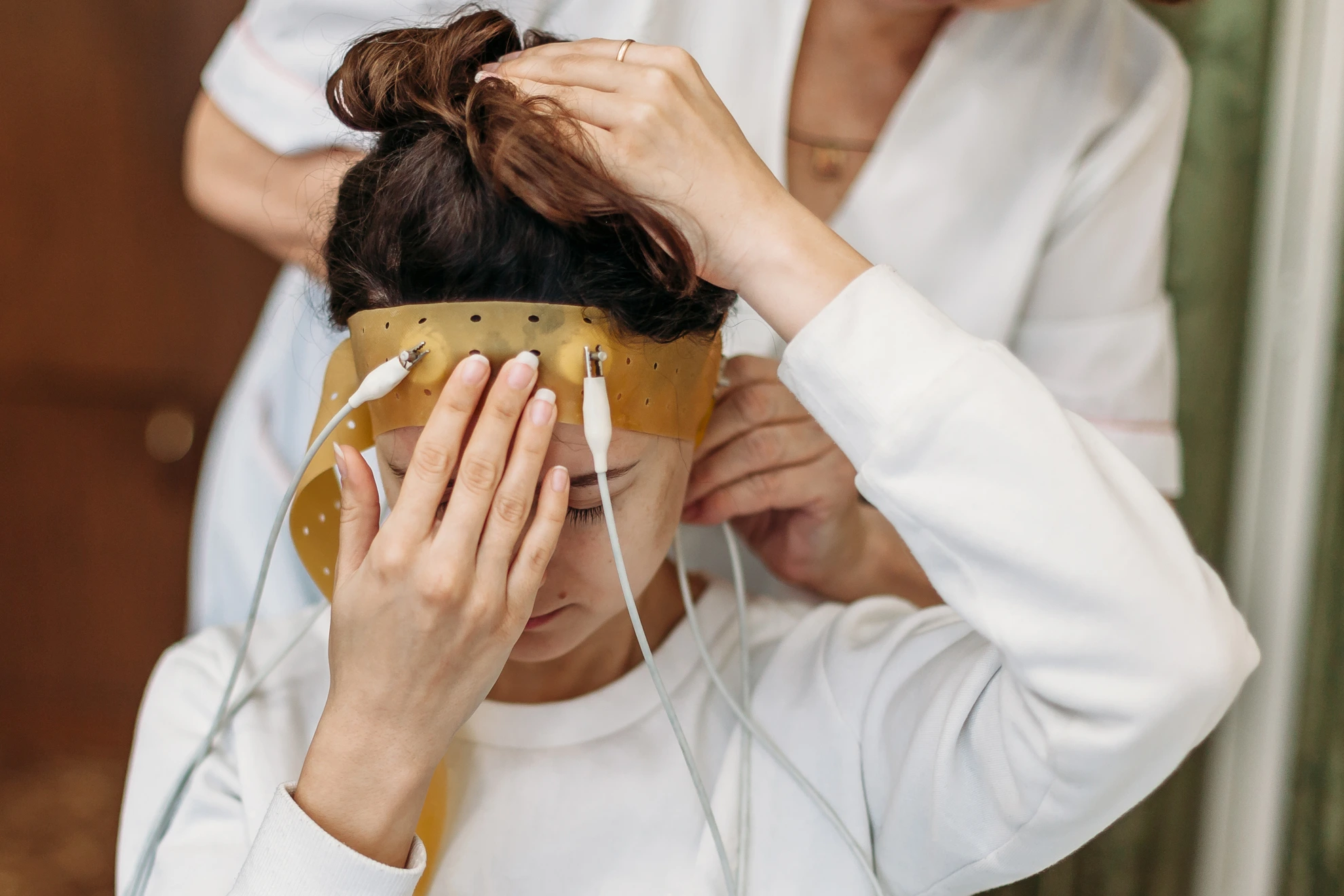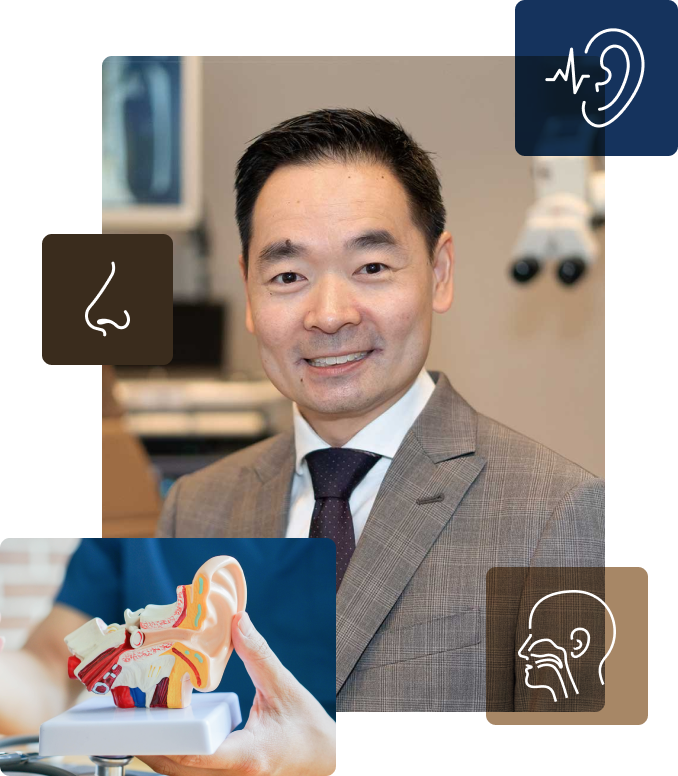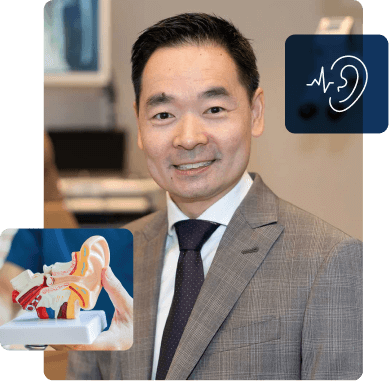Snoring affects many, with about 1 in 4 Singaporeans being loud habitual snorers. While infrequent snoring might not be cause for concern, persistent and loud snoring often signals sleep apnea. This serious condition can lead to a range of health complications if not properly addressed.
What Is Snoring?
Snoring is the rattling, snorting or grumbling sound some people make during sleep. This noisy breathing occurs when airflow is obstructed or when relaxed tissues in your throat vibrate as you breathe. It is a common condition that can affect anyone, from infants to adults.












